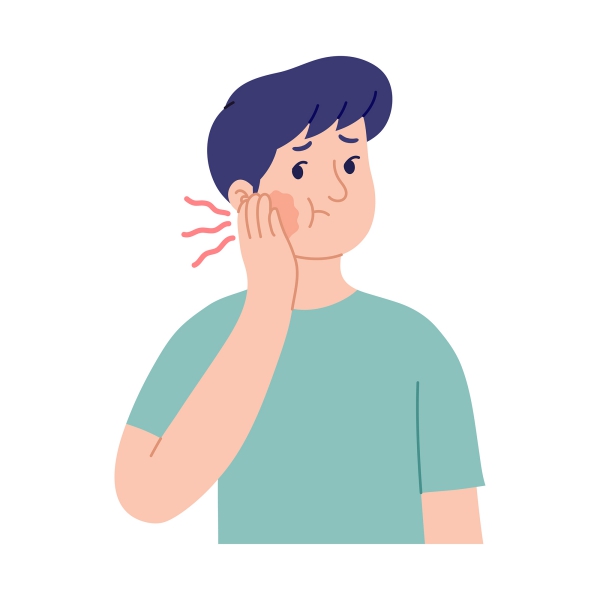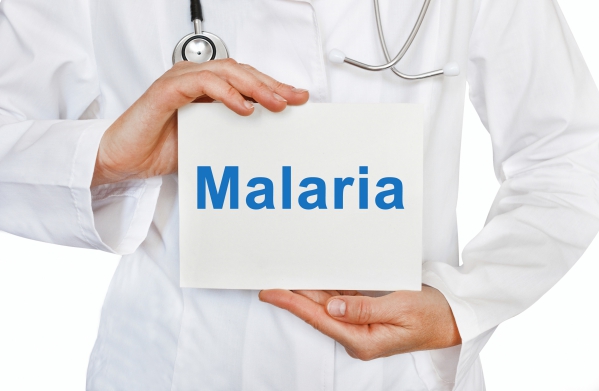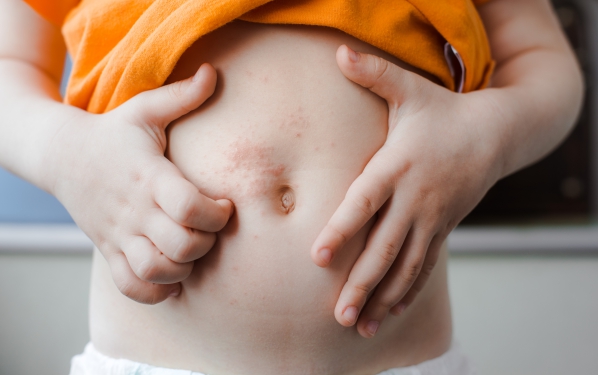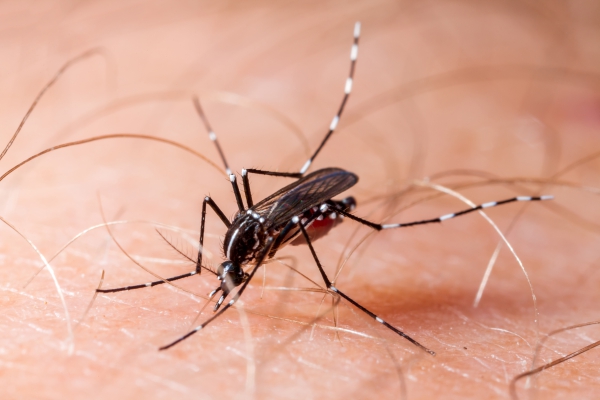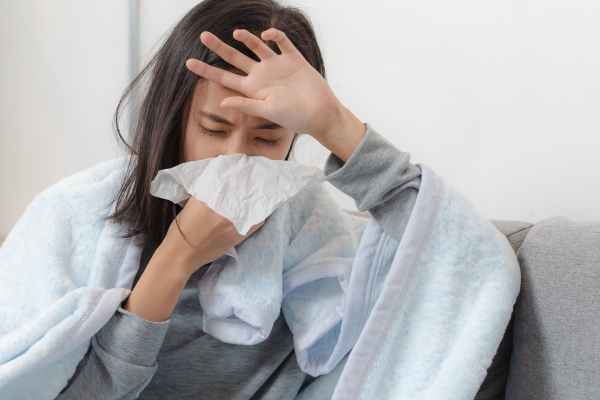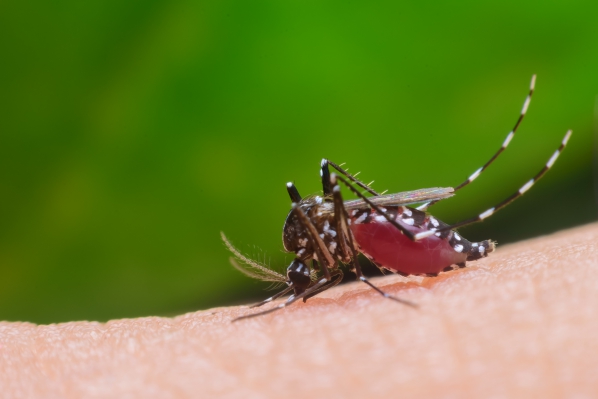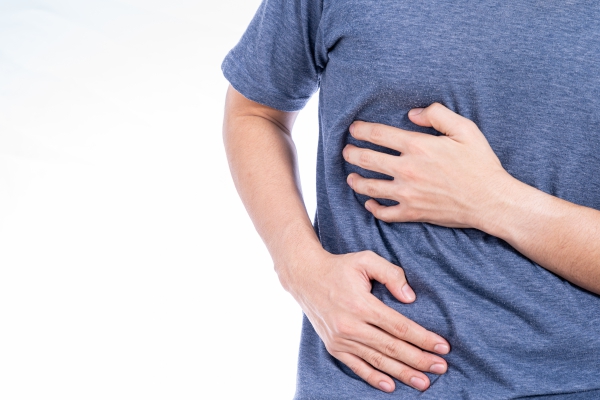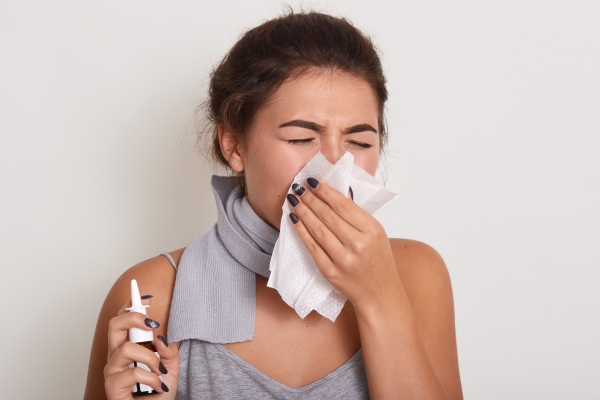Mumps, Viral infection, Salivary glands, Rubulavirus, Infectious disease
Description : Mumps is a contagious viral disease that affects the salivary glands which are glands responsible
Article Details :
What is Mumps?
Mumps is a contagious viral disease that affects the salivary glands which are glands responsible for the production of saliva. It is an acute infection that usually resolves on its own. It is caused by the virus known as Rubulavirus. The disease is characterized by the swelling of the glands, most specifically the parotid glands which are located just in front of your ears.
Mumps occurs all around the world and peaks mainly during late winter until early spring. It occurs most commonly in children and young adults. It affects males and females equally. Since the introduction of vaccination against mumps, the incidence of the disease has decreased drastically with time. It is a highly contagious disease that is transmitted through infected respiratory droplets or direct contact. It can also be transmitted through fomites, meaning that you can get the disease if you touch a contaminated surface or object.
Some outbreaks may occur in some places, especially closed environments such as college dormitories or due to a delay in recognition of the disease by healthcare professionals.
What causes mumps?
Mumps is caused by the Rubulavirus which spreads through respiratory droplets, saliva, direct contact or through contaminated objects or surfaces. Once the virus enters the respiratory tract, it multiplies in the system. It then spreads in the blood circulation in order to travel to other tissues in the body such as the parotid glands and the nervous system. In some cases, the virus affects the kidneys where it can impair the kidney function.
You are more at risk of having the disease if you have not been vaccinated against it, you travel internationally and you have a weakened immune system.
What are the symptoms of mumps?
Symptoms of mumps include the following:
- Fever
- Headache
- Malaise
- Ear pain near the earlobe that is aggravated by a chewing movement of the jaw
- Swelling of the parotid gland just in front of the ear
- Sour taste in the mouth
- Sensation of swelling at the mandible
- Sudden hearing loss
- Swelling in the neck (thyroiditis)
- Abdominal pain
- Chills
- Nausea
- Vomiting
- Swelling of the testes
There may be a period of 16-18 days between the time of exposure to the onset of symptoms. You are most infections immediately before the onset of parotid gland inflammation. In some cases, infected individuals present with no symptoms.
How is the diagnosis of mumps made?
To make the diagnosis, your doctor will first take a thorough history from you, more specifically, a vaccination history. In some cases, tests may be ordered to help in making the diagnosis. These tests include:
- Blood tests: Samples of blood are taken and sent for analysis to check for levels of serum amylase which is usually elevated in mumps. Levels of white blood cells may be elevated.
- Swabs: Samples of saliva can be sent for further examination to look for the presence of the virus.
- Imaging tests: These tests are not usually helpful in the diagnosis of mumps. However, they may be requested to look for the presence of complications such as meningitis or encephalitis.
How is mumps treated?
There is no specific treatment for mumps as it is a condition that resolves on its own. No antiviral medications are indicated for use. However, some measures can be implemented for relief and quick recovery:
- Drinking a lot of fluids
- Use of painkillers available over the counter such as acetaminophen or ibuprofen to relieve headaches or pain due to the inflammation of the parotid glands
- Apply warm or cold packs to the swollen gland to relieve the pain
- If orchitis is present, bed rest, scrotal support and ice packs are usually recommended
- If you have been diagnosed with mumps, you should be isolated for 5 days as from the onset of symptoms to decrease the risk of transmission to others
Mumps usually resolve on its own in about 2 weeks.
What are the complications of mumps?
Mumps may lead to the following complications:
- Orchitis: This is the inflammation of the testicles. It most commonly occurs in post pubertal males. It presents with abrupt onset of fever and severe pain in the affected testicles. Swelling and redness of the scrotum is also characteristic for orchitis. In some cases, the testicles may atrophy, meaning that they get smaller. This may result in decreased fertility.
- Oophoritis: 5% of post pubertal females may end up with inflammation of the ovaries also known as Oophoritis. This usually presents with abdominal pain, fever and vomiting.
- Neurological complications: Some examples include meningitis (inflammation of the fluid and membranes surrounding the brain and spinal cord), encephalitis (inflammation of the brain) and loss of hearing.
- Other complications: Other complications may arise such as joint inflammation, inflammation of pancreas and cardiac problems.
How can mumps be prevented?
There is a vaccine available for the prevention of mumps. It is available as a combination of Read more

